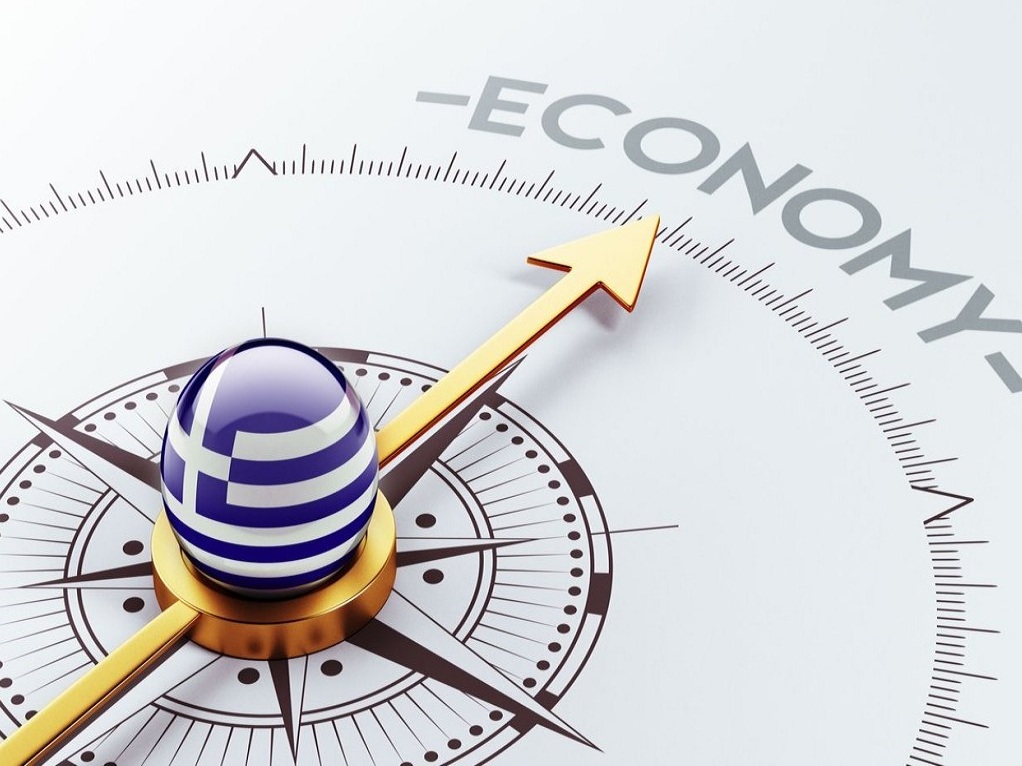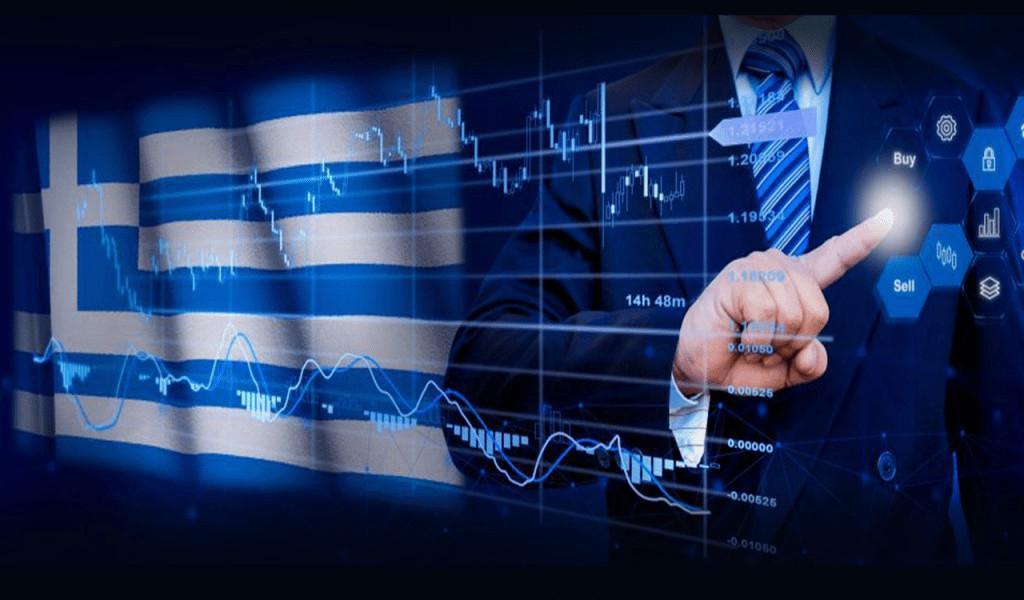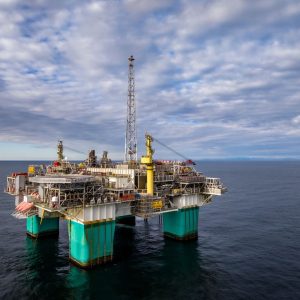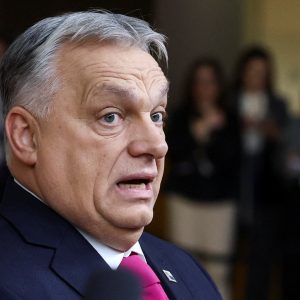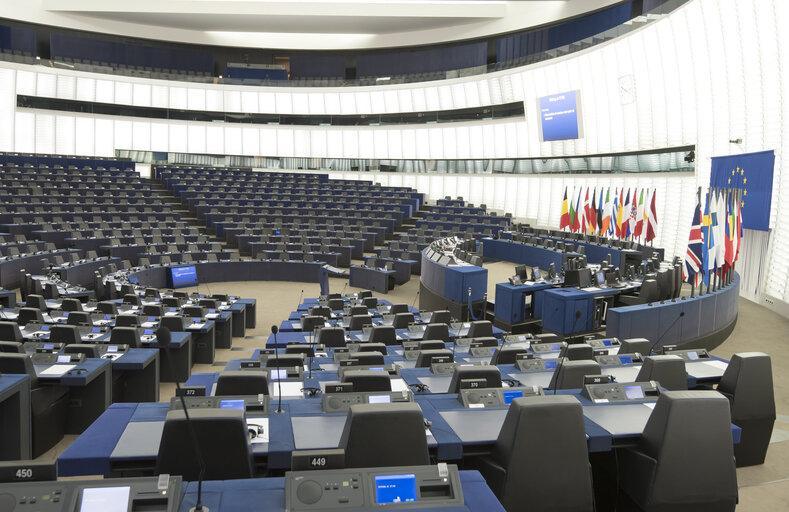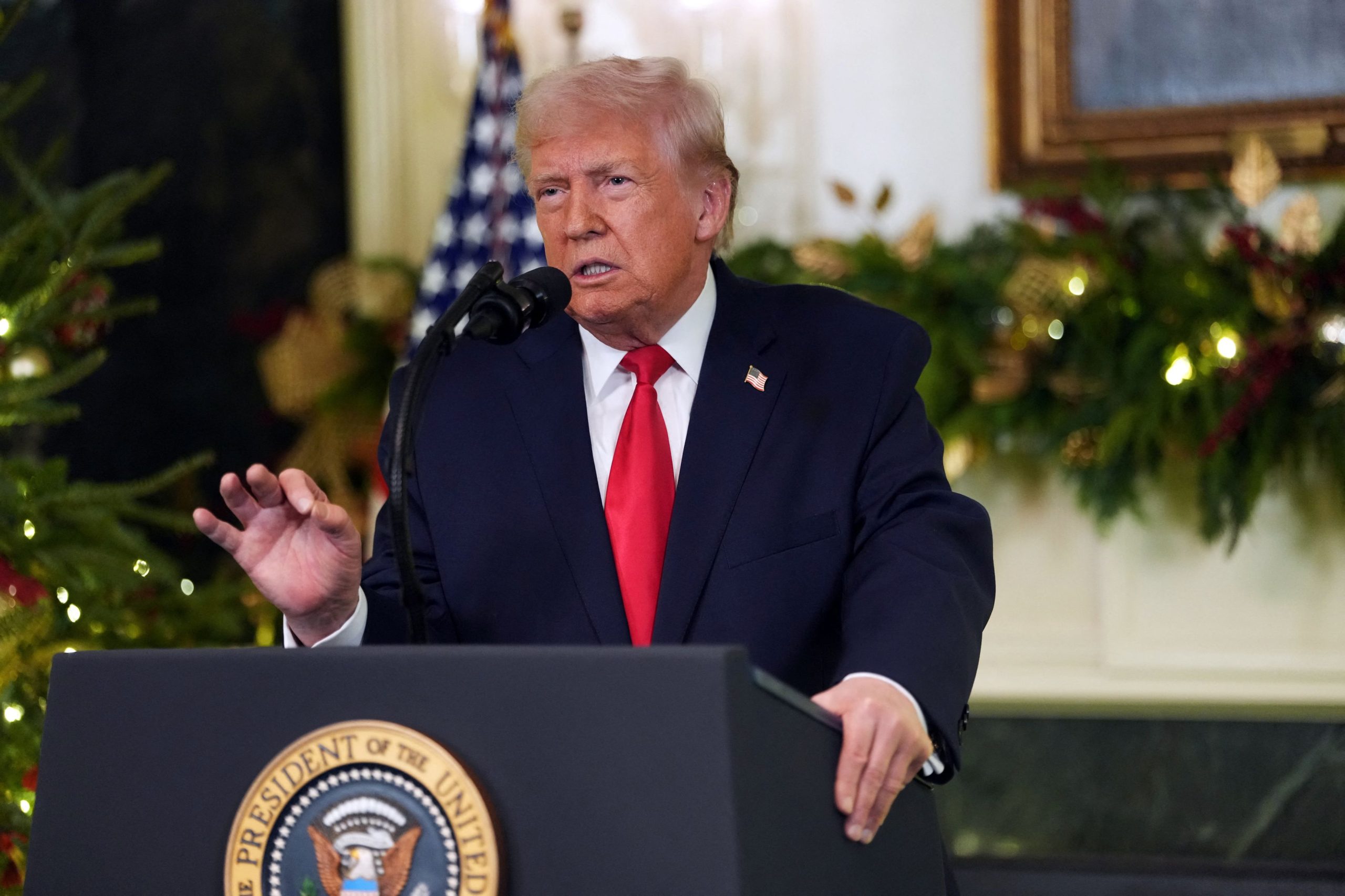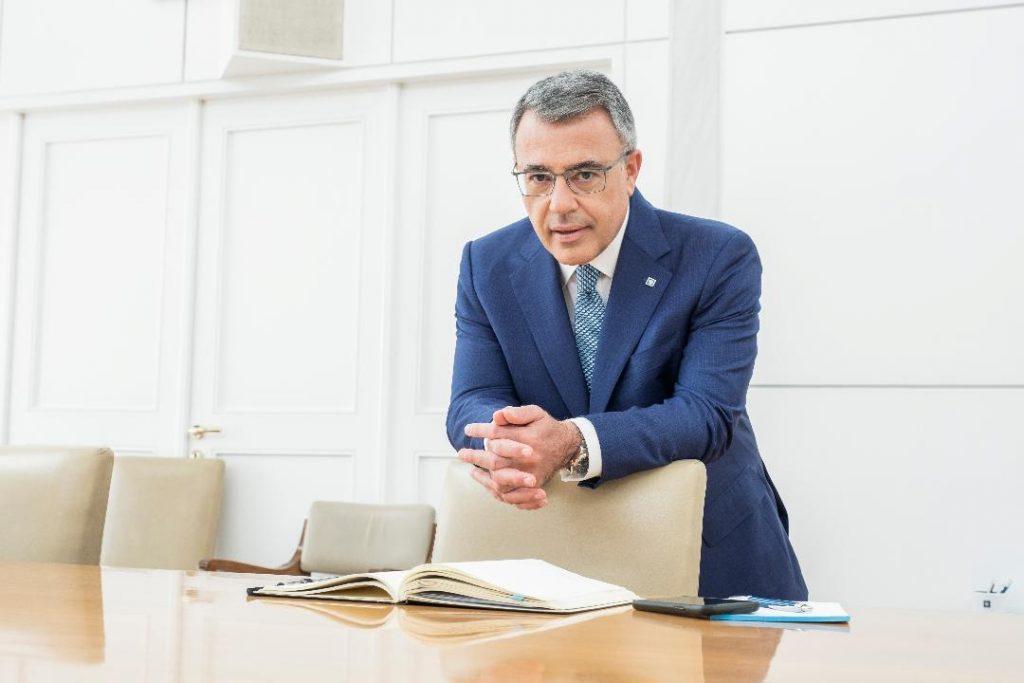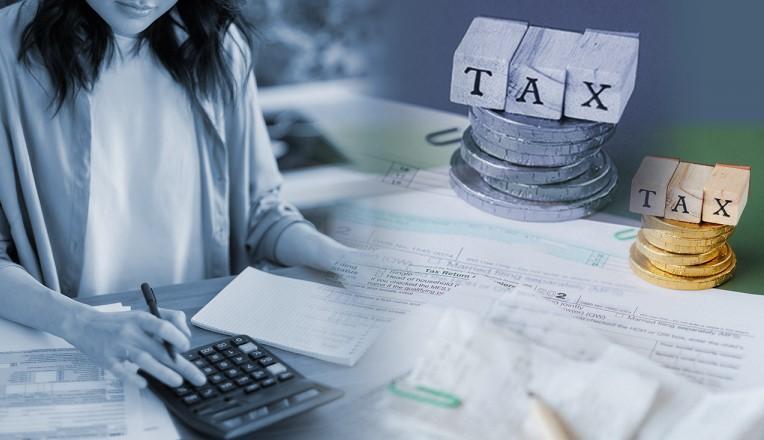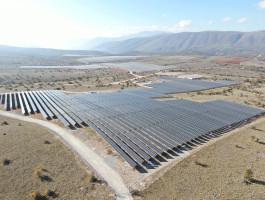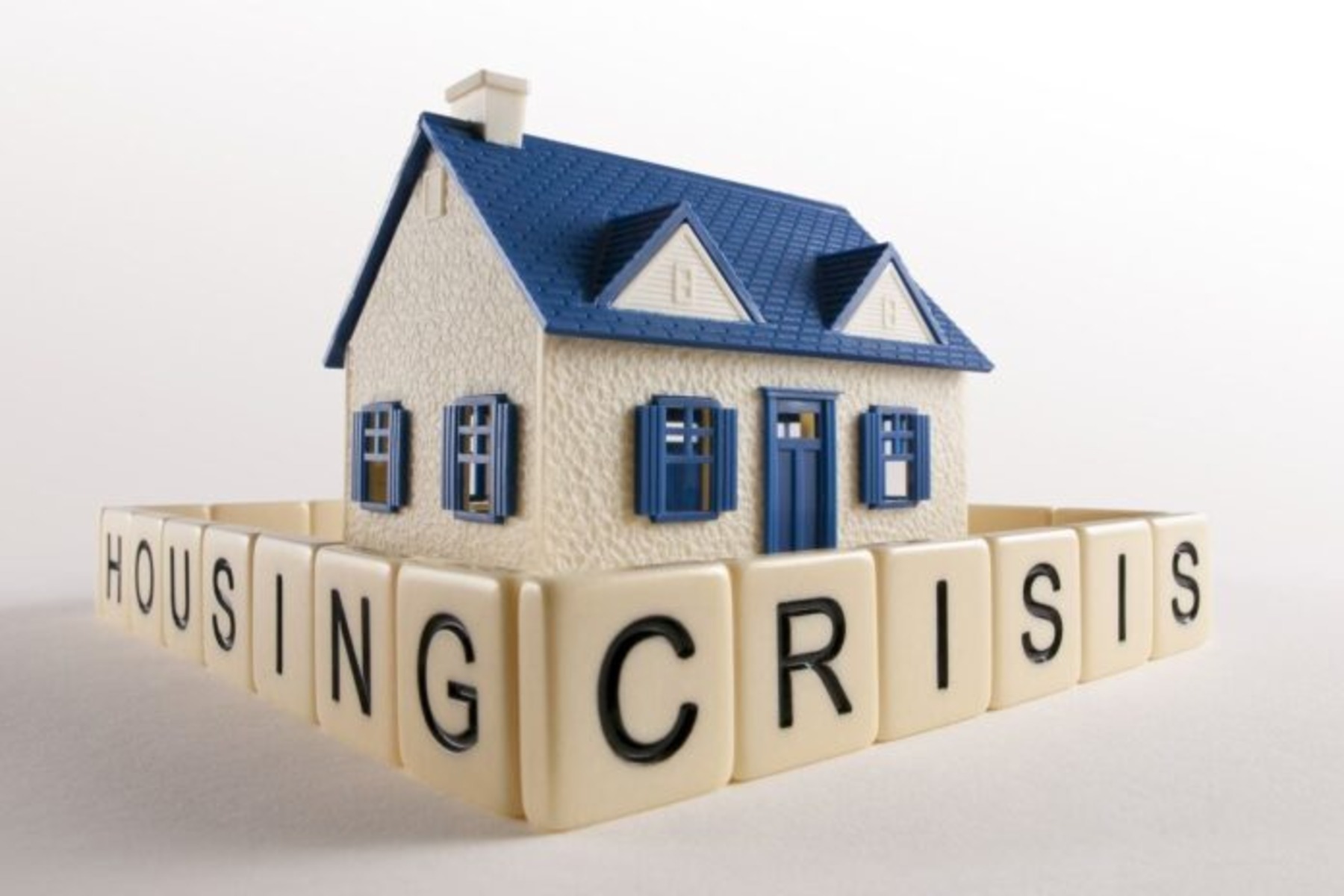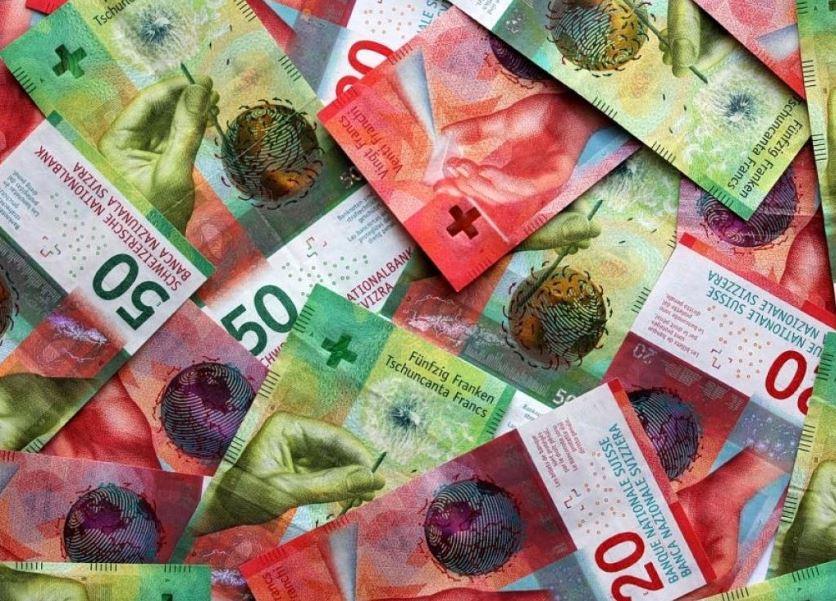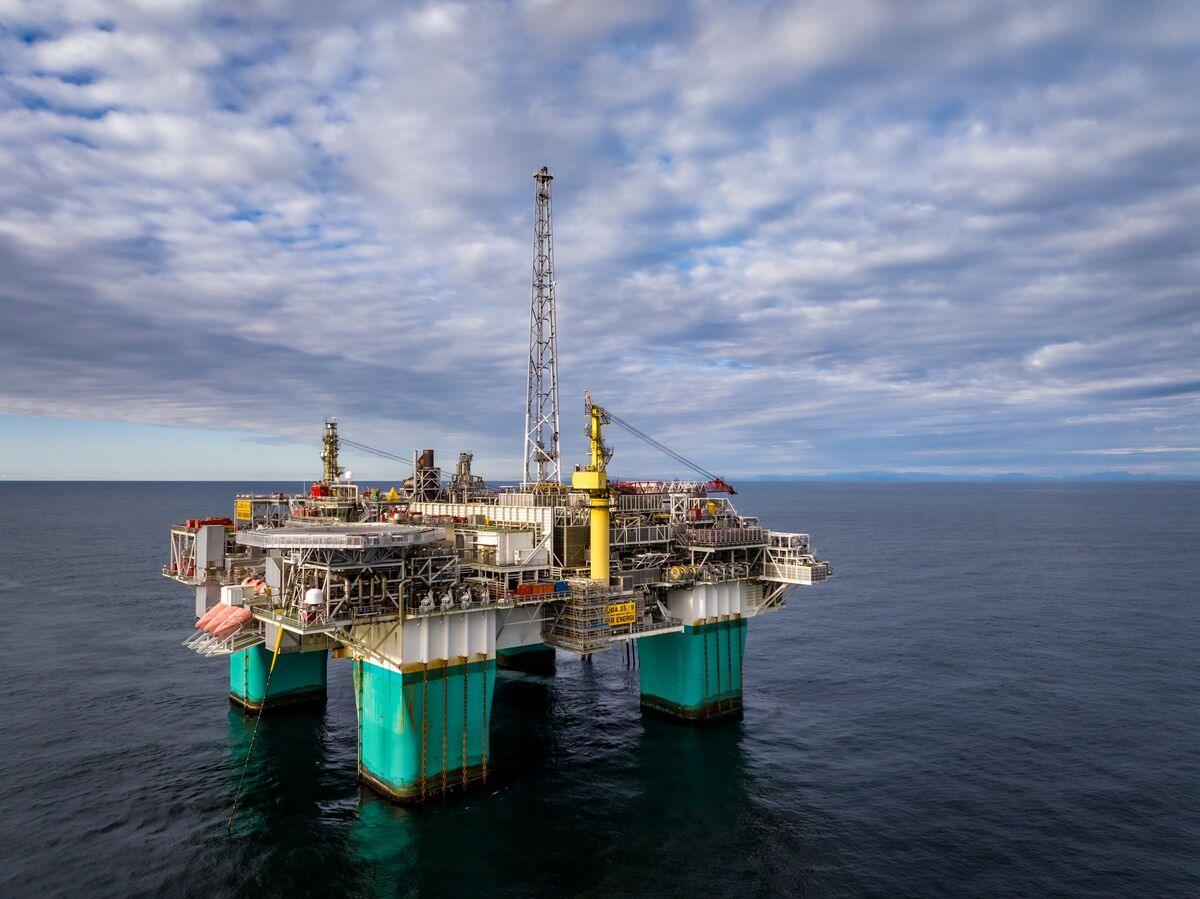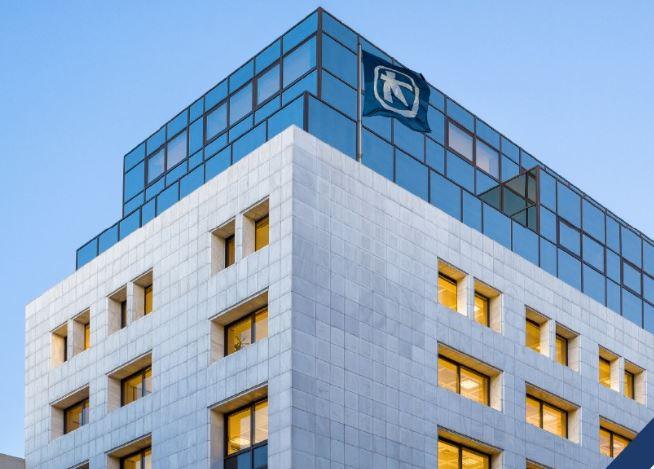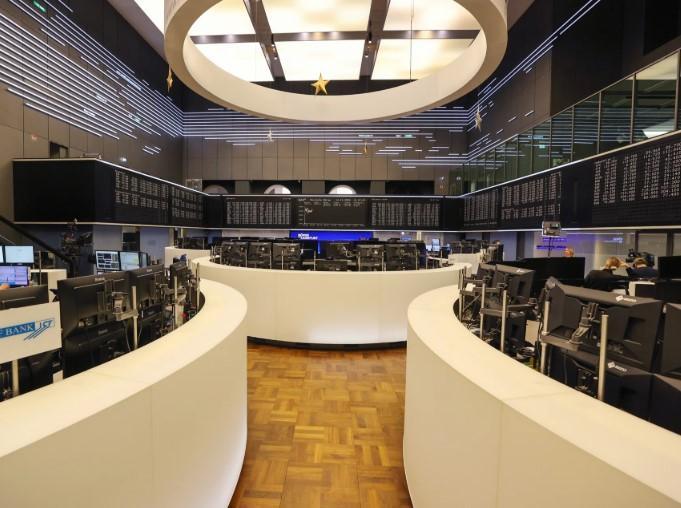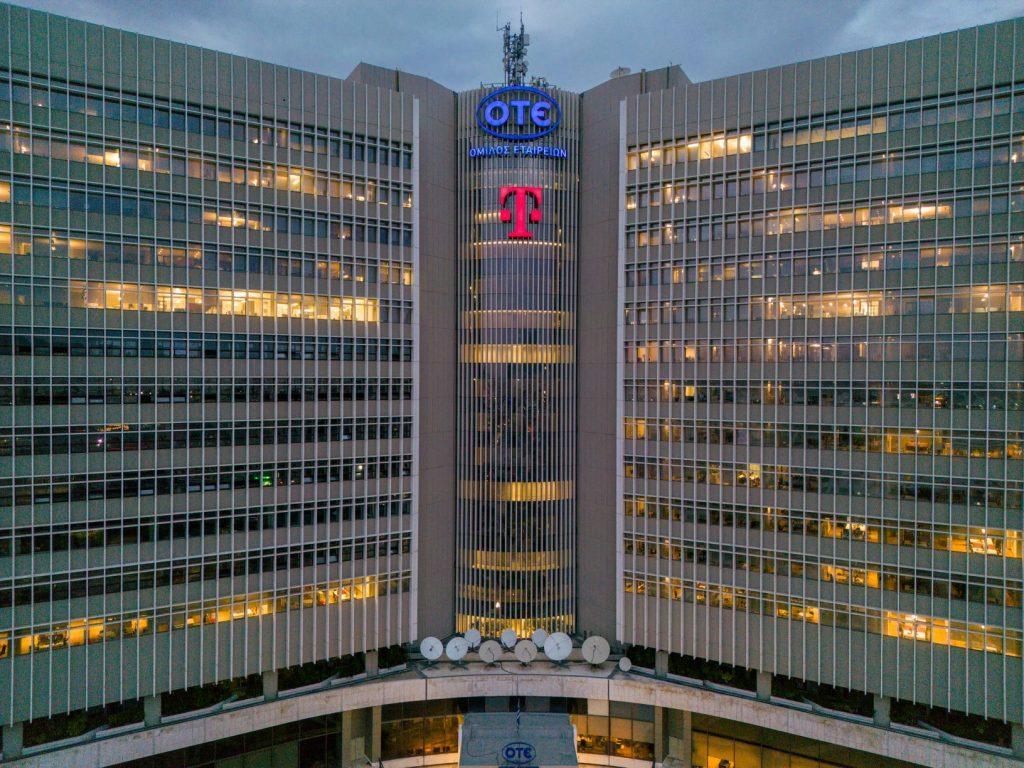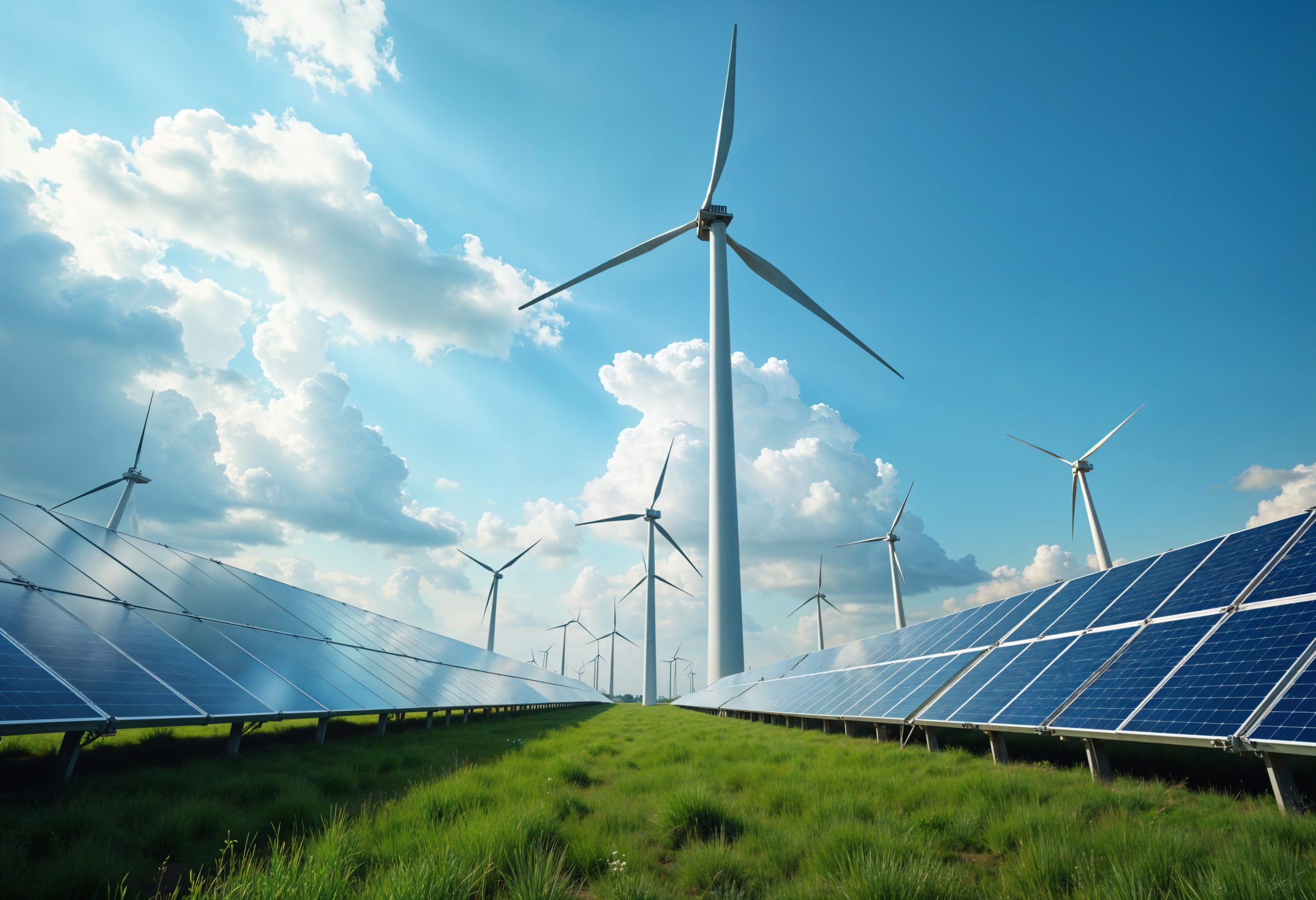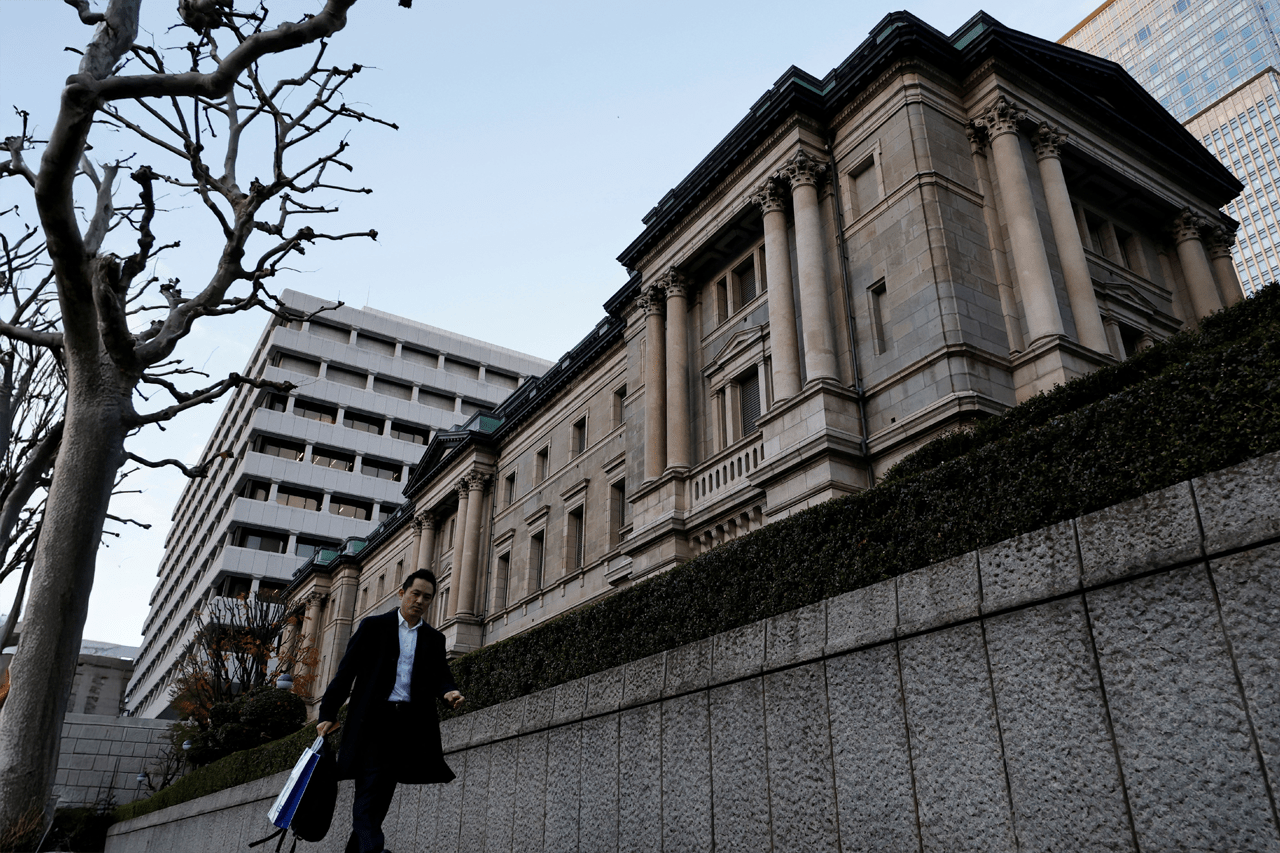Financially, the past year was bad for almost everyone. Inflation of 10% year-on-year across the rich world has cut into household incomes. Investors have lost out as global stock markets have fallen 15%. However, this overall poor performance hides wide differences: some countries have done quite well.
In order to assess these differences, the Economist compiled data on five economic and financial indicators – GDP, inflation, inflation range, stock market performance and public debt – for 34 mostly rich countries.
It says it ranked each economy according to how well it did on each measure, creating an overall score.
The “unexpected results”
According to the Economist, for the first time in a long time there is an economic party in the Mediterranean, with Greece at the top of the list.
Greece is at a better level than other European economies
Other countries emerging from the economic depths they found themselves in in the early 2010s, such as Portugal and Spain, also score highly. They are not the only pleasant surprises. Despite the political chaos, Israel has done well. Meanwhile, despite political stability, Germany is underperforming. Two Baltic countries, Estonia and Latvia, which won praise in the 2010s for rapid reforms, are now lagging behind.
GDP
The first indicator the Economist looked at is GDP, usually the best measure of economic health.
Norway (helped by high oil prices) and Turkey (which is not following sanctions on trade with Russia) have fared better than most. The effects of Covid-19 are also great. Thanks to extremely strict lockdowns and the collapse of inbound tourism, a year ago much of southern Europe was in dire straits. The area should have had a decent year.
Ireland probably had a strong year, although not as strong as the GDP numbers suggest. The activities of large multinational companies, many of which are registered there for tax purposes, distort the figures. By contrast, America’s GDP numbers are deceptively weak: statisticians struggle to explain the impact of massive stimulus packages.
Inflation
The second measure is changes in the price level from late 2021. Away from the world’s attention, some countries have seen relatively low inflation. In Switzerland, consumer prices have risen by just 3%. The central bank, helped by a strong currency, responded quickly to the rise in prices earlier in the year. Countries with non-Russian energy sources — such as Spain, which gets its natural gas from Algeria — also fared better than average. Those dependent on Vladimir Putin have really suffered. In Latvia, average consumer prices rose by 20% this year.
The third measure is also related to inflation. It calculates the share of items in each country’s inflation basket that have increased by more than 2% in the past year. This provides an indication of how entrenched inflation is—and thus suggests how quickly inflation will fall in 2023. In Italy, for example, consumer prices have risen 11% this year, yet “only” two-thirds of its basket of inflation have inflation above the target. Japanese inflation also looks like it may ease soon. Britain is in the most difficult position as the price of every category in its basket is rising rapidly.
Public debt
The Economist’s latest measure is the change in net public debt as a percentage of GDP. In the short term, governments can address economic cracks by increasing spending or cutting taxes. But this can create more debt. Some governments have spent enough money to deal with the cost of living squeeze. Germany has earmarked 7% of GDP to help with energy costs, meaning the debt-to-GDP ratio has risen. Other countries have not followed the fiscal extravagance, thus helping to improve the fiscal picture. Public debt in Southern European countries appears to be on a downward trajectory.
